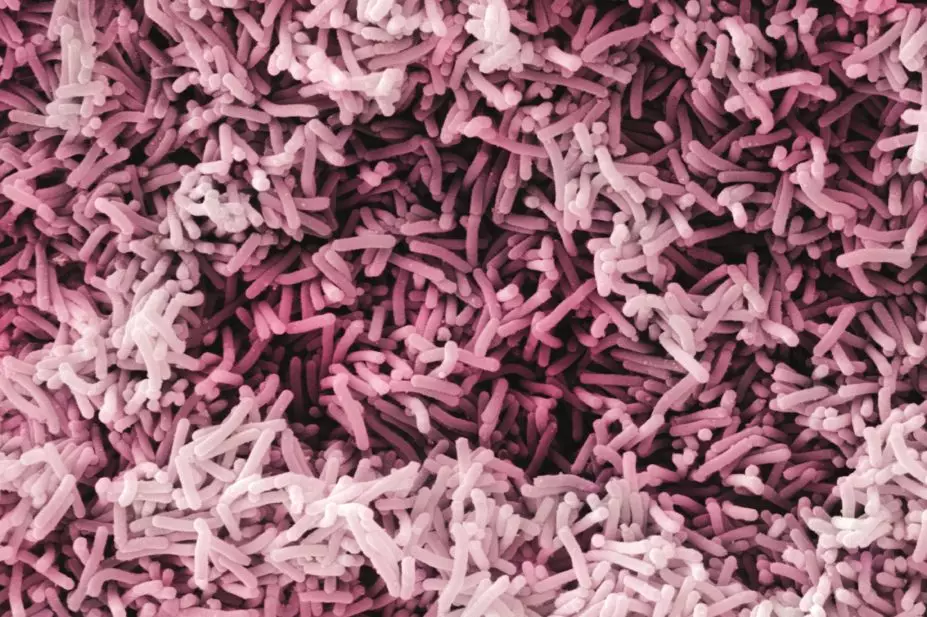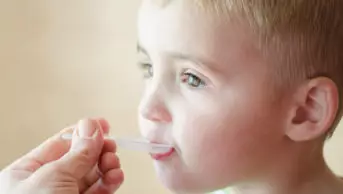
Power and Syred / Science Photo Library
In humans, the intestinal microbiota aids metabolic and immunological development among other functions. New research suggests that exposure to antibiotic drugs in early life may disrupt the gut microbiome, with potentially far-reaching consequences.
In the study, mice were given amoxicillin (a beta-lactam), tylosin (a macrolide) or alternating courses of the two antibiotics, at doses and frequencies representative of those used in young children. Significantly, antibiotic-treated mice gained more weight and developed larger bones compared with control mice. DNA sequencing revealed that antibiotics disrupted the gut microbiome in terms of composition, diversity and maturation rate; they also altered the relative numbers of microbial genes linked with specific metabolic functions.
“These observations raise the possibility that early-life antibiotic treatment may influence metabolic phenotypes in humans,” say the researchers in
Nature Communications
(online, 30 June 2015).
References
[1] Nobel YR, Cox LM, Kirigin FF et al. Metabolic and metagenomic outcomes from early-life pulsed antibiotic treatment. Nature Comm 2015; doi:10.1038/ncomms8486.
You may also be interested in

Pharmacists provide antibiotics only where clinically appropriate, minor ailments scheme data show

Probiotics should be considered when prescribing antibiotics, finds systematic review
